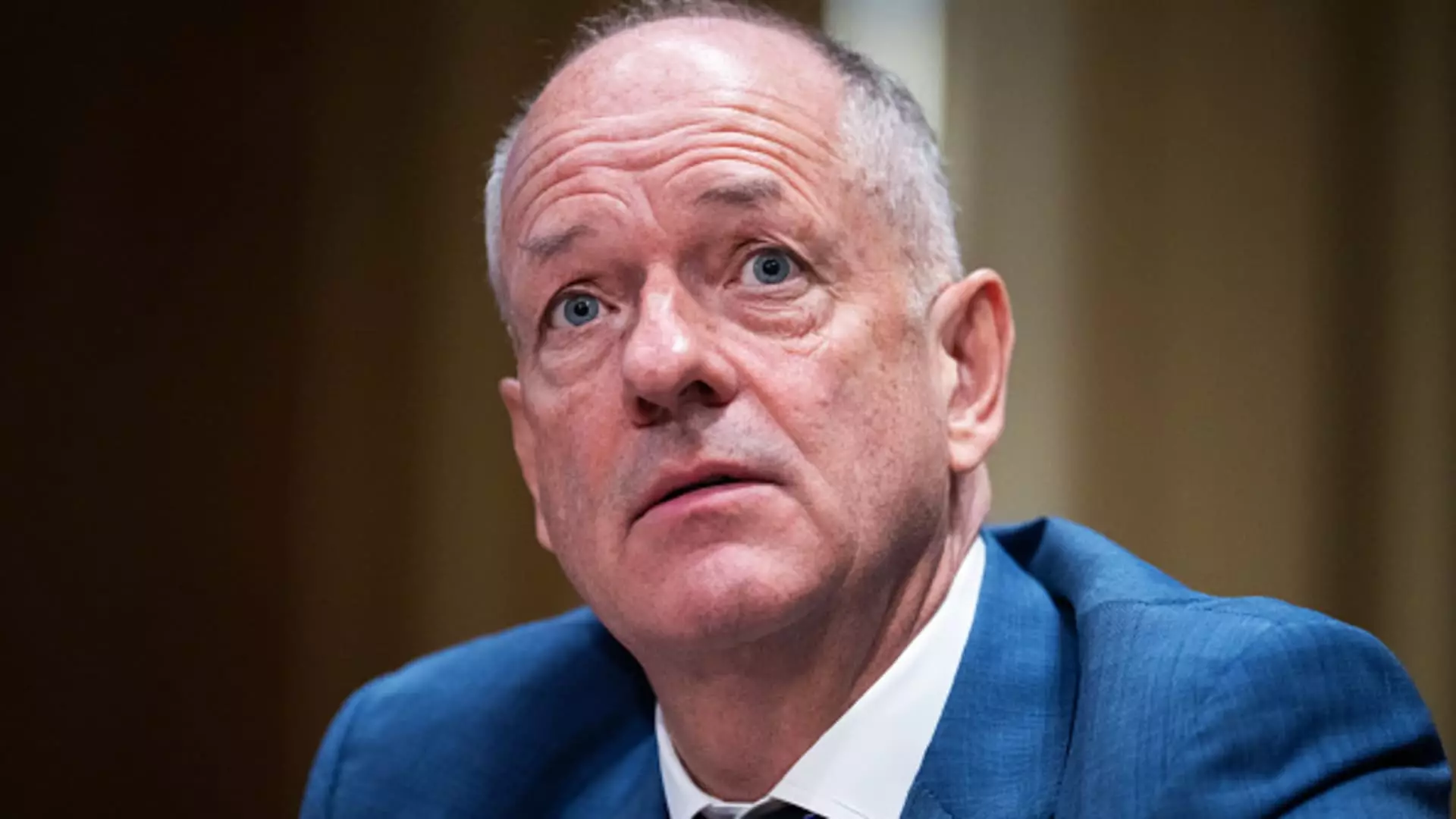The tragic death of Brian Thompson, the former CEO of UnitedHealthcare, has sent ripples across the healthcare industry, igniting discussions about systemic flaws in the U.S. healthcare system. Andrew Witty, the CEO of UnitedHealth Group, expressed his condolences, acknowledging the profound impact Thompson had on the organization and its mission. In his poignant New York Times opinion piece, Witty elaborated on the pressing issues that plague the healthcare landscape, recognizing that it is a “patchwork built over decades” rather than a coherent system designed for the best interests of patients.
Witty’s candid admission of the U.S. healthcare system’s failures resonates with a growing number of citizens who feel disenfranchised by an industry often characterized by inefficiency and opacity. The healthcare system is not just flawed; it is seen as a hindrance to effective care. Many Americans are grappling with rising premiums, unexpected medical bills, and an overwhelming lack of clarity regarding their insurance coverage. Such frustrations have culminated in a widespread perception that healthcare insurers have become villains in the narrative of healthcare delivery.
The recent incident that claimed Thompson’s life highlights not only the personal tragedy but also a collective anger towards the insurance industry. Critics, including the individual charged with Thompson’s murder, have voiced their grievances against a system perceived as exploitative. This incident serves as a stark reminder that the healthcare sector is not just about numbers and policies; it involves real people facing dire circumstances, often with limited recourse.
In the wake of these events, Witty has called for an urgent need for reform within the healthcare insurance framework. He emphasizes that improvement is not solely on the shoulders of insurers, but it requires collaboration among diverse stakeholders—healthcare providers, employers, patients, and government entities. The goal is clear: to enhance the understanding of coverage and to demystify the processes behind claims decisions.
Moreover, Witty insists that the rationale behind claims adjudication is grounded in clinical evidence and patient safety. This position suggests that, despite public outcry, insurers do have a methodical process aimed at promoting the best health outcomes. However, the challenge remains in communicating these complex processes transparently to patients, who often feel left in the dark.
To move forward, the healthcare industry must recognize the urgency of addressing systemic flaws while rebuilding trust among patients. Public sentiment against the insurance sector serves as a clarion call for reform. It is imperative for industry leaders to take these criticisms seriously and seek meaningful solutions that not only enhance operational efficiency but also prioritize patient welfare.
Ultimately, the untimely passing of Brian Thompson should not be an end but a catalyst for change. As we reflect on Witty’s words and the larger implications of Thompson’s legacy, it becomes evident that the journey towards a more effective healthcare system is fraught with challenges—but also brimming with possibilities for innovation and improvement.

